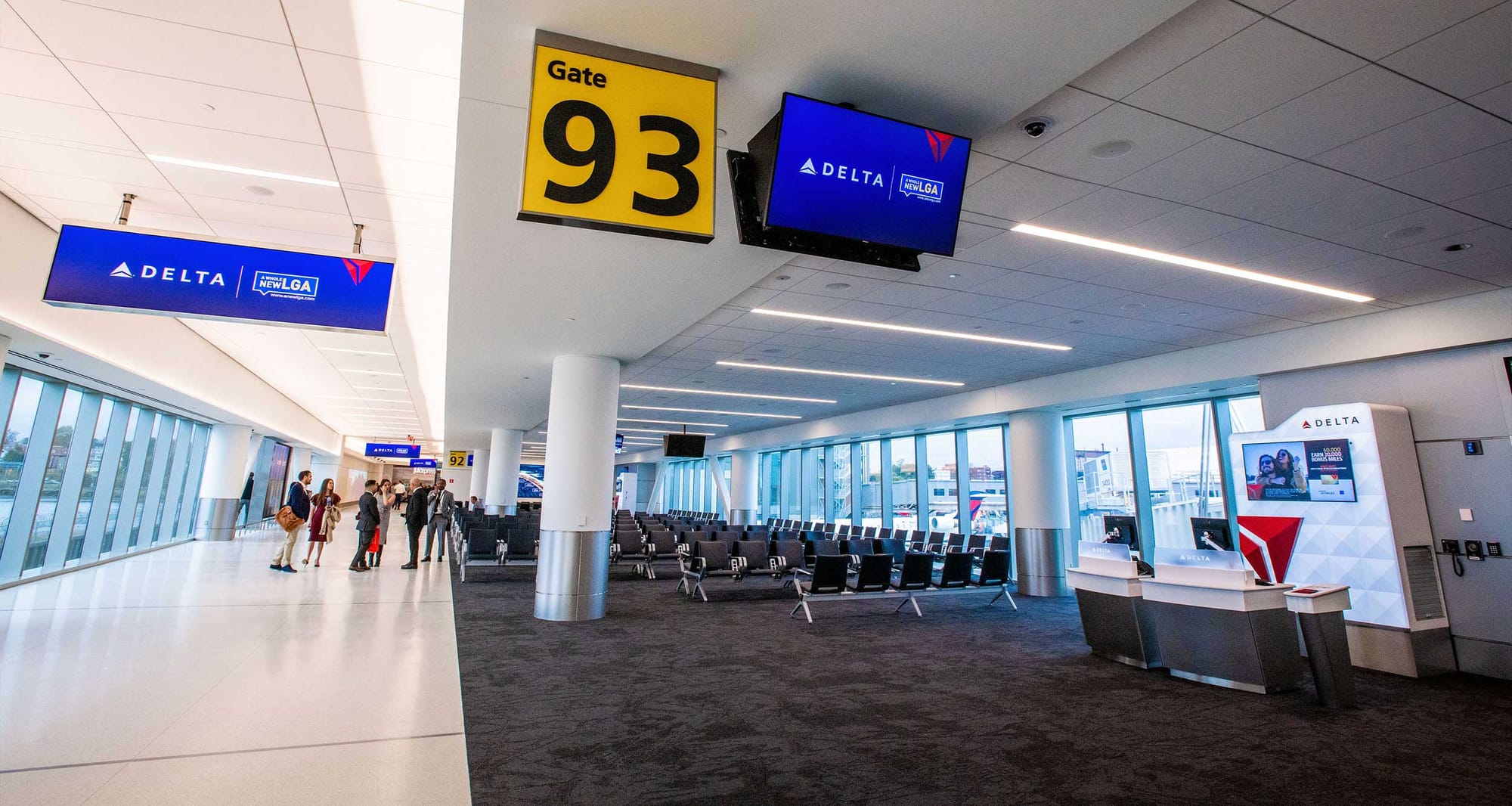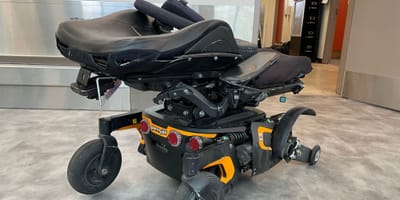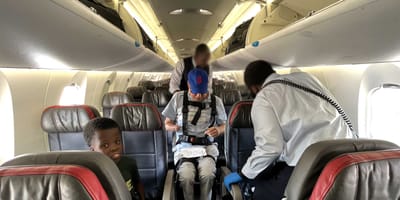The right to preboard the airplane before all other passengers is a civil right guaranteed to disabled people by the Air Carrier Access Act. But, like all other civil rights, it can be waived by the individual if they so choose.
Preboarding is a great benefit for disabled people, as it affords extra time and privacy to board the airplane, stow carry-on baggage and medical equipment, and to be comfortably seated. But in this time of the coronavirus pandemic, it may make sense to waive that right and board last.
Some U.S. airlines have adjusted their boarding process, initiating a back-to-front boarding order that allows passengers seated in the rear of the aircraft to board first. This modification has been designed to prevent passengers from having to pass one another to reach their seats, thereby reducing the risk of viral transmission at least to some limited degree.
Disabled passengers are typically seated at the front of the plane in either first class (if they have paid for an upgrade) or in the first few rows of the economy cabin. Exercising their right to preboard could expose them to face-to-face contact with the majority of passengers who board thereafter.
Economy Class Seat Selection
The majority of airlines charge an additional fee for seats located at the front of the aircraft. If you have a disability, you should request preferential seating by contacting the airline’s special assistance desk in advance of travel, or by speaking to an agent at the airport. Be sure to state the reason why you require a particular seat — i.e. desire to reduce time or distance traveled in the aisle chair, proximity to lavatory or emergency exit, etc. — and most airlines will grant your request without charge.
To eliminate some risk, disabled passengers can opt to board the aircraft last.
Most airlines make a last call for boarding at 15 minutes prior to departure and close the boarding gate at 10 minutes before departure. Any passenger who presents themselves at the gate prior to the close of boarding is entitled to board the aircraft, with or without assistance.
Although airlines may find it difficult to quickly load power wheelchairs and other mobility equipment presented at the end of boarding, your health and wellbeing are far more important than an on-time departure.
For non-ambulatory passengers opting to board last, the benefit of reduced contact is likely to exist only on the front end, as passengers using the aisle chair will still be the last to deplane. The contact during deplaning intuitively comes with less risk as the direction of approach will not be face-to-face.
If you are seated at the front of the aircraft and are concerned about being in close proximity to other passengers during boarding, you should strongly consider waiving your right to preboard. While it won’t make your air travel journey truly safe in the midst of a global pandemic, there is surely some value in reducing contact wherever possible — in this case, during the initial loading of the aircraft.
Featured image courtesy Delta Air Lines.















